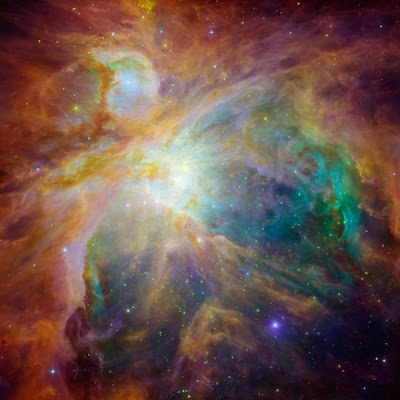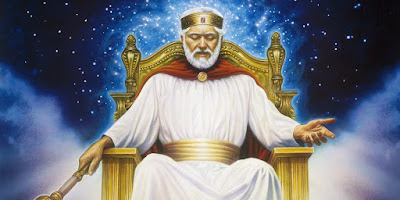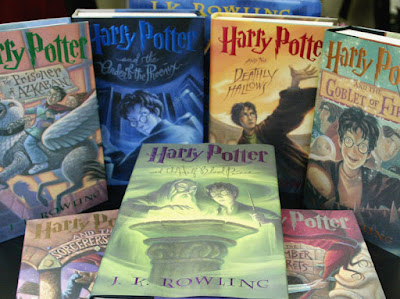Space Opera and "The Star"

This week I read "The Star" by Arthur C Clarke. This story was a mixture of confusion and heartbreak for me. It followed what I can assume Space Opera's cover, science, space travel, other worlds and species, and extinction. The story is written as a monologue by a Father of a group of travelers, who explore races. This particular piece focuses on the loss of a group of people, who were much like humans. They ended by the combustion of their star (or sun.) It's an interesting thing because the lines between who is watching and who is being watched blurs between us and another species, which I found to be mind-bending. This culture that dies left behind sculptures and paintings and show how civilized this world was. The race saved their culture, knowing that their planet was dying. I loved how moved both the Father and the scientist were by the extinction of this race. I also enjoyed the talk of faith. This story explores how someone could keep their faith high, ...


